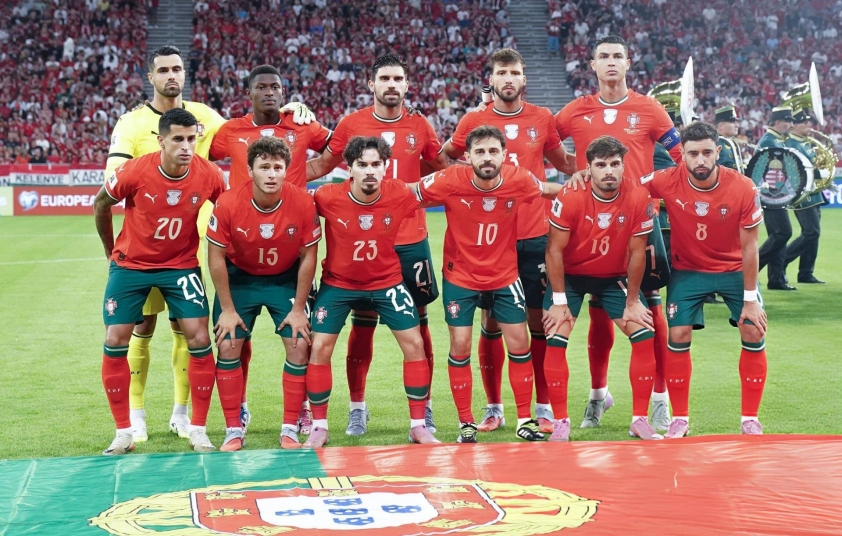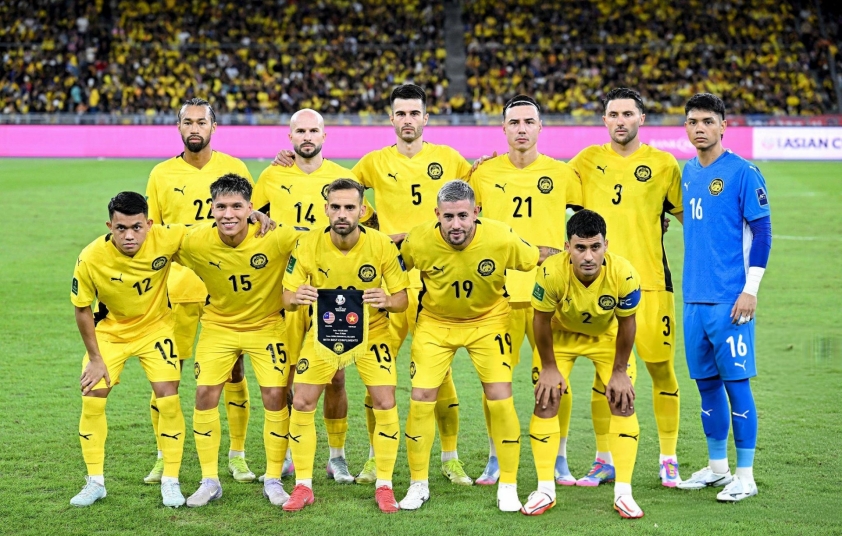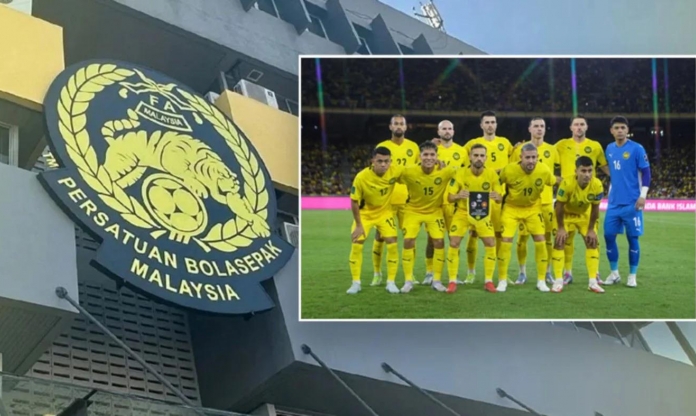Just after penalizing Malaysia, FIFA made a surprising change
The Fédération Internationale de Football Association (FIFA) has introduced a notable adjustment regarding the international match calendar for the period from 2026 to 2030.
Recently, FIFA announced a modification in the international schedule for men's football from 2026 to 2030, merging two separate international windows into a single one.
Previously, national teams had two distinct playing periods: one starting in the first week of September and another in the second week of October. During each window, teams were allowed to play up to two matches.
Starting in 2026, the two international windows in September and October will be combined into one continuous period, spanning from late September to early October. Within this timeframe, national teams can play up to four matches. This means that clubs in the English Premier League and other top European leagues will pause their competitions for about three weeks, beginning September 21.

Although the number of international matches during September and October remains unchanged, the total break time for national teams will be shortened. Previously, each international window lasted two weeks, interspersed with club matches. This consolidation will create more space in the calendar, allowing clubs additional time to organize and schedule more games during the season.
Currently, there are five international windows annually in March, June, September, October, and November. Each lasts two weeks, enabling national teams to play up to 10 matches, excluding major tournaments like the World Cup, EURO, Copa America, CAN, Gold Cup, or Asian Cup.
The decision to merge these two windows was approved at the FIFA Council meeting in March 2023. This body is responsible for reviewing and sanctioning changes to the calendar, including representatives from six continental football confederations and other stakeholders.
In addition to the above change, FIFA has also issued sanctions against the Malaysian national team and its football association (FAM) due to violations involving the registration of players with unclear origins.

Immediately after FIFA announced the sanctions, FAM quickly responded, declaring their intention to appeal to FIFA to protect the rights of the involved players. FAM argued that FIFA’s accusations were “unfounded and lacked sufficient evidence” to justify the violation claims.


Wonderfulshortvideo
The Nuno Mendes x Cristiano Ronaldo link-up 😮💨🔗


User esportapi has posted a video.


Cristiano Ronaldo is the


User FieldFrenzy has posted a video.


Air Kvara ✈️


Jamie Gittens that is rude 🤯


Ronaldo brace 😮💨🔥









 Links
Links
 Contact
Contact
 App
App


